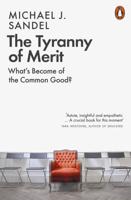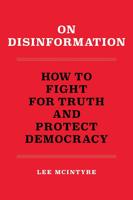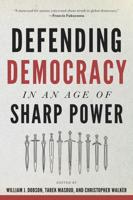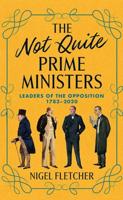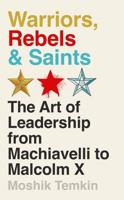Publisher's Synopsis
Through a series of frank and incisive case studies of conflicted countries, contributors' chapters challenge the centrality and timing of elections as a key pillar of reconstruction at a war's end. They underline the dangers in rushing elections, compromising principles, and lowering the bar for what constitutes free and fair elections in situations of conflict. The authors also underline the economic cost of elections in uncertain political situations and argue that global taxpayers, who must bear the burden, are justified in questioning the value of ill-timed elections. A candid and important study of political turmoil, Elections in Dangerous Places provides valuable lessons and practical advice on how to better mitigate conflict and violence before, during, and after highly charged elections. Contributors include Thomas S. Axworthy (Walter and Duncan Gordon Foundation), Stephen Brown (University of Ottawa), David Gillies (The North-South Institute, Ottawa), Christian R. Hennemeyer (Bridging the Divide), Lisa Kammerud (International Foundation for Electoral Systems, Washington, DC), Johann Kriegler (Electoral Complaints Commission, Afghanistan and IFES Executive Advisory Council), Marc A. Lemieux (University of Ottawa), Khalid Mustafa Medani (McGill University), Susanne D. Mueller (Visiting Researcher at Boston University's African Studies Center), Ben Reilly (Australian National University and Johns Hopkins University's School of Advanced International Studies), Gerald J. Schmitz (M.A., University of Saskatchewan; PhD, Carleton University), Sara Staino (International IDEA), Vincent Tohbi (graduate, National Administration School, Abidjan, Ivory Coast), Francesc Vendrell (Princeton University), and Eugenia Zorbas (Canadian Department of Foreign Affairs and International Trade).

